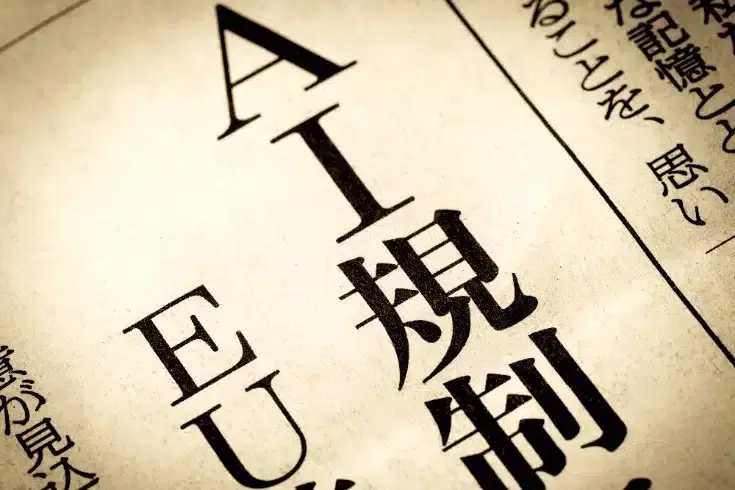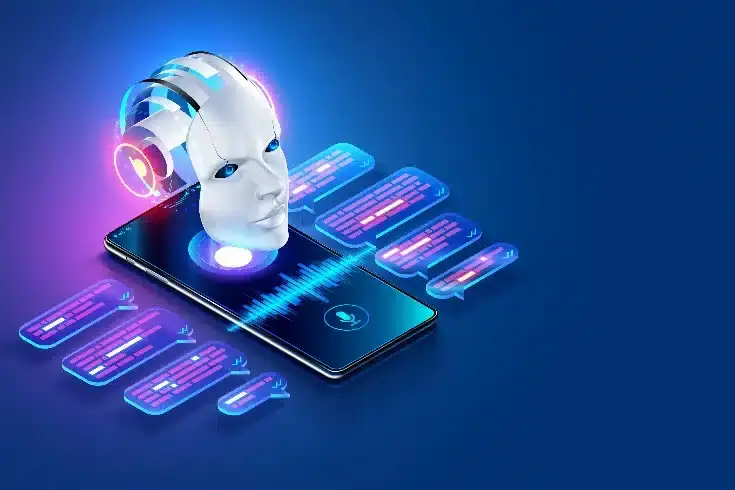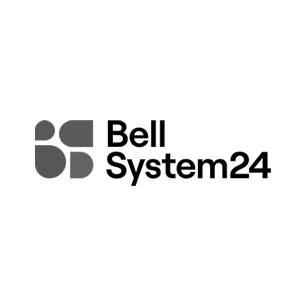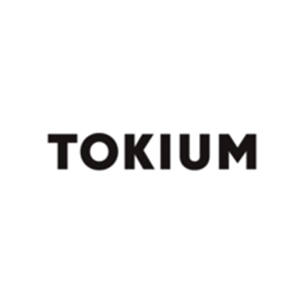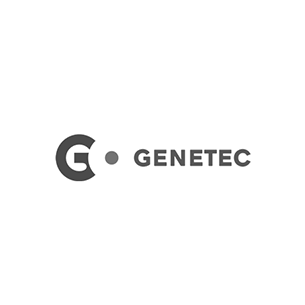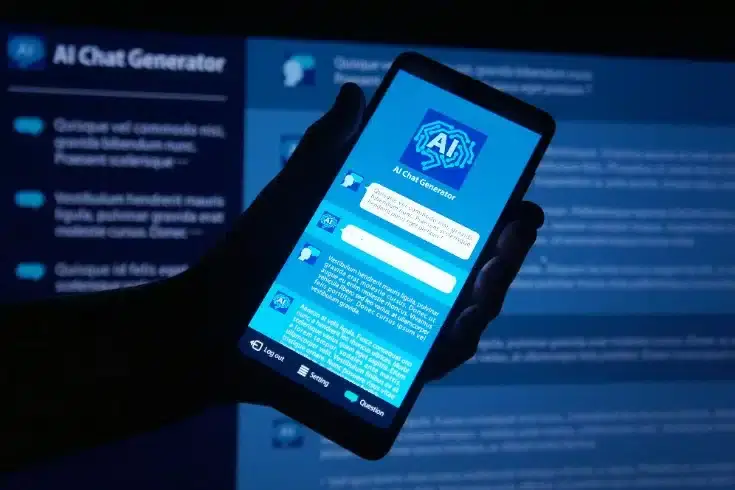
AI (ChatGPT, etc.)
At MONOLITH LAW OFFICE, we have brought together a team of highly skilled lawyers and engineers who specialize in AI. We are dedicated to providing comprehensive legal support to businesses engaged in AI development, including ChatGPT. Our services encompass a wide range of areas, such as contract drafting, evaluation of business models’ legality, protection of intellectual property rights, and management of privacy concerns.
The rapid evolution of AI technology, especially in the field of natural language processing like ChatGPT, has opened up new possibilities and business opportunities. However, it has also given rise to various legal challenges. For instance, there are ongoing debates surrounding the protection of text generated by ChatGPT under Japanese copyright law. Additionally, AI businesses face legal risks related to confidentiality and privacy. To navigate these complexities effectively, it is crucial to have legal experts who possess a deep understanding of AI-related legal issues. At MONOLITH LAW OFFICE, we have established a dedicated team of lawyers and engineers with expertise in IT, enabling us to provide specialized support for AI businesses.
TOPICS
Leading Legal Support for the Dynamic AI Industry
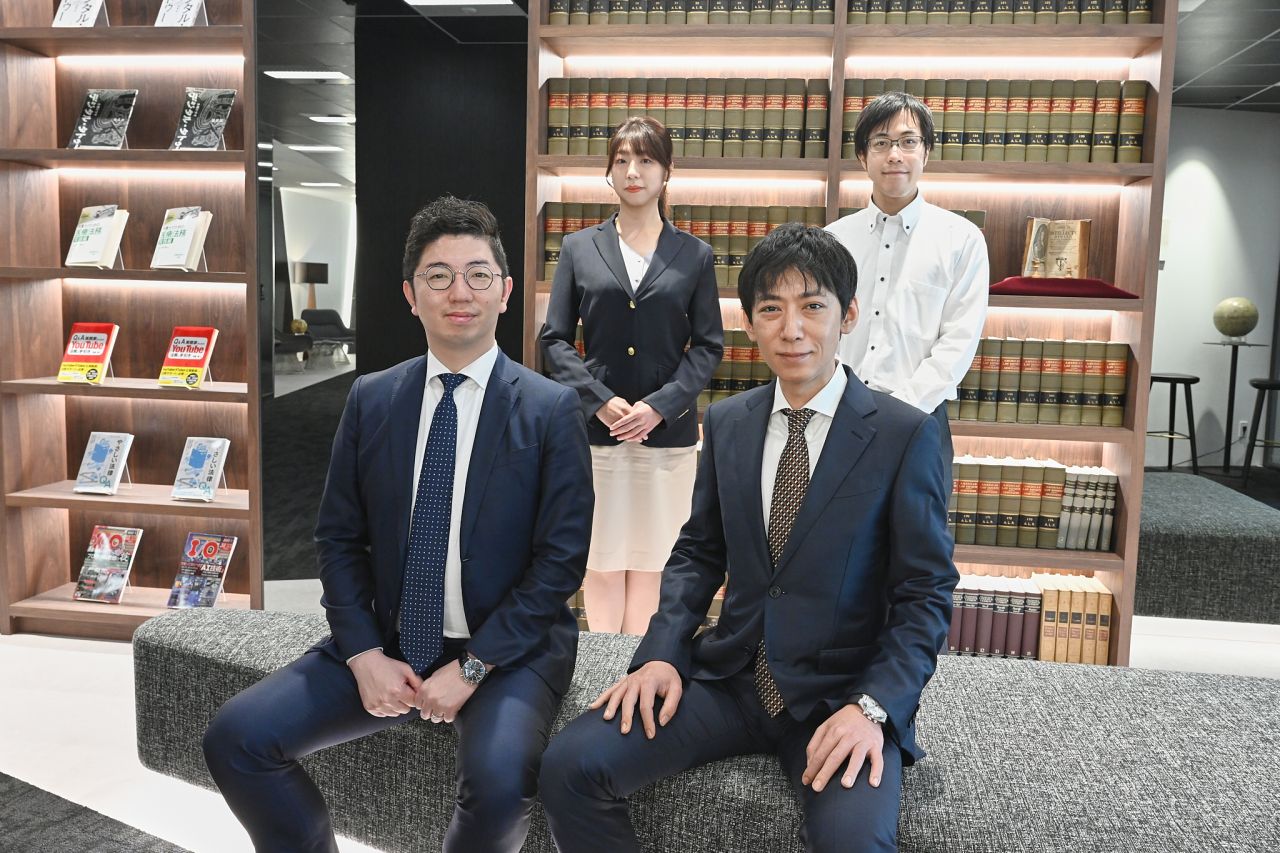
Providing top-tier legal support for AI technology, MONOLITH LAW OFFICE has a team of lawyers with backgrounds as former and current IT engineers. We understand the challenges and opportunities in the dynamic AI industry and offer customized legal solutions to help businesses succeed in this evolving field.
Characteristics of AI legal services
IT expertise
Lawyers providing AI legal services must possess a deep understanding of the latest technologies in order to effectively support businesses utilizing AI. This includes assessing the legality of AI-driven business models and products, as well as drafting proposals, terms of use, and contracts based on a solid grasp of the underlying technology.
IP and PII
Lawyers involved in AI legal affairs must have comprehensive knowledge of intellectual property laws and regulations, particularly in relation to copyright protection for AI-generated content. Additionally, they must be well-versed in personal information-related laws and regulations, including compliance with national and international privacy laws such as the GDPR and Japan’s Personal Information Protection Law.
Guidelines, etc.
It’s essential to comply not only with Japanese laws, but also with international regulations, guidelines, and terms of service. Japan’s “AI Business Operator Guidelines,” introduced in 2024 by the Ministry of Economy, Trade, and Industry, outline soft law principles for the proper use of AI and risk management, based on the “Human-Centered AI Society Principles.” The EU’s “AI Act” is a comprehensive regulation affecting businesses inside and outside the EU. Additionally, terms for AI tools like ChatGPT include rules on intellectual property, confidentiality, and usage restrictions, requiring careful adherence to avoid risks.
Compliance with Japanese guidelines
The “AI Business Guidelines (Version 1.0)” formulated by Japan’s Ministry of Economy, Trade and Industry in 2024 are guidelines for companies to build appropriate AI governance, addressing risks and ethical issues in the social implementation of AI technology. These guidelines are soft law that does not have legal binding force, and are composed of a main text that sets out basic principles and principles, and an annex that describes specific practical methods. Based on the “Human-Centered AI Society Principles” that uphold the philosophy of “AI is used by humans, not the other way around”, the guidelines aim to expand human capabilities and improve creativity through the appropriate use of AI. In addition, in order to help companies clarify their roles and initiatives, the guidelines organize risk management and response methods by entity, such as “AI developers”, “AI providers”, and “AI users”.
The main feature of these guidelines is that they adopt the concept of “agile governance” to respond to changes in the environment, rather than fixed rules. Companies are required to balance technological development and risk reduction by continuously repeating the cycle of risk analysis, goal setting, operation, and evaluation. Furthermore, referring to the OECD’s AI Principles is considered essential for Japanese companies to maintain global competitiveness by ensuring alignment with international norms and facilitating interoperability.
The “AI Business Guidelines” set out specific responsibilities for each entity and ten common guidelines that all entities should work towards. These include ensuring safety, fairness, privacy protection, transparency, and promoting human-centered use. Furthermore, the guidelines emphasize collaboration with society, and are centered on improving education and literacy, ensuring a fair competitive environment, and promoting innovation.
In order to achieve agile governance, it is essential to have the active involvement of management, collaboration between multiple entities, and the appropriate distribution of data. This flexible governance approach allows companies to respond quickly to changes in the environment and market needs. In addition, companies need to design and implement rules that are appropriate for their own company, rather than simply copying the approaches of other companies.
The “AI Business Operator Guidelines” are an important set of guidelines aimed at promoting the sustainable development and improving the reliability of AI technology. Companies are expected to use these guidelines as a reference to solve issues in their own AI development, provision, and use, and to establish appropriate governance systems.
Compliance with the EU AI Act
The AI Act, which came into force in August 2024, is the first comprehensive law to regulate the use and provision of AI systems. This regulatory law applies not only to businesses operating within the EU, but also to companies outside the EU that provide AI-related products and services for the EU market. Japanese companies may also be subject to the law in the same way that EC site operators are required to comply with the General Data Protection Regulation (GDPR).
There are two types of EU law: regulations and directives. The AI Act is a regulation, which takes precedence over the national laws of member states. In addition, this law is recognized as having extraterritorial application, so even companies outside the EU are subject to the regulations if they provide or operate AI systems in the EU market. For example, this includes “providers” who develop AI systems, “users” who use them, and “importers” who are responsible for distributing them in the EU market.
The main feature of the EU AI Act is that it is based on a “risk-based approach” that regulates AI systems according to the nature and degree of risk. In particular, AI systems that pose an unacceptable risk to people are prohibited as a general rule, and strict conformity assessments are required for high-risk AI systems. On the other hand, relatively relaxed regulations are applied to systems with low risk. This framework makes it possible to achieve both safety and convenience in AI systems.
The AI Act will be implemented in stages, with the prohibition of “unacceptable risks” and regulations concerning the “GPAI model” coming into force in 2025, and the provisions for high-risk AI systems coming into force in 2026 and beyond. All regulatory items are scheduled to be applied by 2027, and companies will be required to respond to each stage.
This regulatory law will have a significant impact, particularly on Japanese companies expanding into the EU market. For example, companies that develop technologies related to autonomous AI and medical devices will need to comply with strict regulations as high-risk AI systems. MONOLITH Law Office is involved in various work related to compliance with the EU AI Act, including research on whether or not companies need to comply with the EU AI Act, compliance with the law through revisions to regulations, etc., and conducting in-house training.
Drafts can be generated with minimal consultation
The managing attorney of our firm is a former IT engineer. In addition, our team includes not only attorneys but also 16 IT consultants, including active, professional engineers.
When it comes to services and products utilizing AI technologies, legal assessments—such as determining compliance—can be prone to error without a clear understanding of factors such as the specific training data used by the AI, the exact processes it performs, and the nature of its outputs. Our firm is equipped to conduct such legal analyses and draft related documents, such as terms of service, with minimal time required from clients. This enables us to significantly reduce communication costs and turnaround time, while maintaining a high level of accuracy and efficiency.
Compliance with ChatGPT Terms of Use
Compliance with the terms of use for services such as ChatGPT is crucial in minimizing legal risks and ensuring smooth business operations. These terms clearly outline obligations, restrictions, and guidelines that users must adhere to. They cover important aspects such as intellectual property protection, handling of confidential information, service usage scope, and prohibited activities. ( The descriptions on this page are not updated every time the ChatGPT Terms of Use undergo revisions. These descriptions are merely provided as illustrative examples of the different aspects addressed by such provisions. Our clients receive up-to-date information on the content of the Terms and Conditions as of the latest version, and our legal services are based on the up-to-date information. )
At MONOLITH LAW OFFICE, we possess a deep understanding not only of Japanese law but also of the specific terms of use for services like ChatGPT. This allows us to assess risks and provide tailored recommendations related to business models in relation to these provisions. We stay updated with the latest terms of use and provide customized guidance based on our clients’ specific business models and services.
Complying with the terms of use is essential to avoid potential risks such as service suspension, liability for damages, or infringement of intellectual property rights resulting from violations. MONOLITH LAW OFFICE offers comprehensive legal services, including ensuring compliance with service terms, to help our clients operate their businesses safely and within the boundaries of the law.
| Section | Content of Regulation |
|---|---|
| Use for consulting regarding areas of expertise | Qualified individuals (in legal, medical, financial, etc. fields) may not provide individualized advice solely based on ChatGPT responses without verifying the information source. The use of ChatGPT for “medical consultation” concerning serious medical conditions is prohibited. |
| Information summary websites on specialized areas | When using AI to create articles providing information on specialized areas like medicine, finance, and law, which may be subject to business law regulations, such as summary websites that aggregate news reports, it is necessary to clearly disclose the use of AI and the limitations of information accuracy. This also applies to “someone-like” conversations. |
| “Somebody-like” Conversations | Except for historical public figures, when employing chatbots for “someone-like” conversations, it must be explicitly stated that it is a parody or a conversation simulating a particular individual. |
| Usage of input and generated content by OpenAI | As of March 1, 2023, it is specified that the content will not be used to enhance the quality of service in API collaborations. Additionally, starting from April 25 of the same year, the rejection of non-API linked use is possible depending on account settings. However, considering the provision that information is retained for 30 days, it can be presumed that some content information remains, albeit not technically. |
| Use in Public Administration | Generating chatbots for election campaigns and creating personalized election materials are prohibited. |
| Use in election campaigns | Although some initiatives to employ AI in public administration have emerged, its use in high-level political decisions such as criminal trials and asylum is prohibited. |
| Regulations on service names | Names like “****** GPT,” “GPT-4 powered ******” or “ChatGPT powered ******” are disallowed, while names like “Powered by GPT-4” or “Built with GPT-4” are permitted. |
Crawling and Copyright for AI
The use of various AI technologies, including image-generating AIs like “Stable Diffusion” and “Midjourney,” as well as text-generating AI like “ChatGPT,” has gained significant attention. However, it’s important to be aware of the potential legal risks associated with crawling and data collection using AI, particularly regarding copyright infringement.
In 2019, Japan’s Copyright Law was revised, allowing, in principle, the collection, processing, and use of copyrighted images for machine learning purposes. It also permits the provision (sale, transfer, etc.) of collected data for learning to third parties.
Nevertheless, services that employ AI may still infringe on copyright in Japan if they unreasonably harm the interests of copyright holders or if they deviate from the provisions outlined in the Copyright Act. For instance, if a website explicitly prohibits data collection and extraction for machine learning or information analysis in its terms of use or license agreement, collecting images without permission and training a machine learning model based on those images after “agreeing” to the terms of use may constitute copyright infringement.
It’s worth noting that synthetic images generated by AI using techniques such as Generative Adversarial Networks (GANs) generally do not infringe on the copyrights of the original images. In Japan, these generated images are considered newly created through the machine learning process and are not considered reproductions or adaptations of the original images.
Understanding the legal implications of copyright under Japanese law is crucial when developing AI-related services and products. MONOLITH LAW OFFICE boasts a team of attorneys and engineers who possess expertise in AI-related legal issues and can provide appropriate advice and legal support in this field.

Copyright and Other IP Issues
AI-related services and products pose various challenges and complexities regarding copyright and other intellectual property-related matters. One prominent issue is the copyright status of AI-generated works and content. While these works can be subject to copyright protection, determining the rightful owner or creator can be difficult when the work is generated by AI. This ambiguity increases the risk of copyright infringement. Moreover, when AI-generated works incorporate multiple copyrighted works, managing the rights of multiple copyright holders can become intricate.
At MONOLITH LAW OFFICE, we have extensive experience in handling advanced IT and intellectual property-related cases. Our firm is well-equipped to navigate these emerging issues and provide effective legal support. With our expertise in the field, we can assist clients in addressing copyright and intellectual property concerns in the realm of AI.

Legal Considerations for System Development
System development involving advanced technologies such as AI models built on deep learning and reinforcement learning algorithms requires not only technical expertise but also comprehensive legal support. The complexity of such development necessitates careful attention to legal matters.
In practice, many contracts used in advanced system development lack clarity when it comes to addressing specific problem scenarios that may lead to disputes. For instance, a contract may contain abstract legal clauses like liability for non-conformity under Japanese law. However, without explicitly stating the specific circumstances relevant to the system or matter at hand, such clauses may not be effective in a court of law.
As a law firm led by an attorney with a background in IT engineering, we recognize the importance of deeply understanding the intricacies of system development. This understanding extends to the drafting of contracts, ensuring that they accurately capture the specific nuances of the system and effectively protect the interests of our clients. We provide comprehensive legal services that blend technical knowledge and legal expertise to support our clients in navigating the legal aspects of system development.
MONOLITH LAW MAGAZINE
Fee Structure
Hourly Rate
$300 per hourIn certain instances, we may consider accepting a dispute or lawsuit with an initiation fee and a contingency fee. For more details, please feel free to contact us.
Drafting Contracts
from$500to $2,000 or moreThe pricing structure is subject to variation based on the type and quantity of contracts. We are pleased to offer a preliminary estimate upon inquiry, thereby encouraging you to reach out to us for further details.
Other Services
Contact UsWe offer a wide range of services including company formation, contract review, legal opinion, case review, or research letter. Should you have any inquiries or concerns, we cordially invite you to contact us and our knowledgeable team will be happy to assist you.

